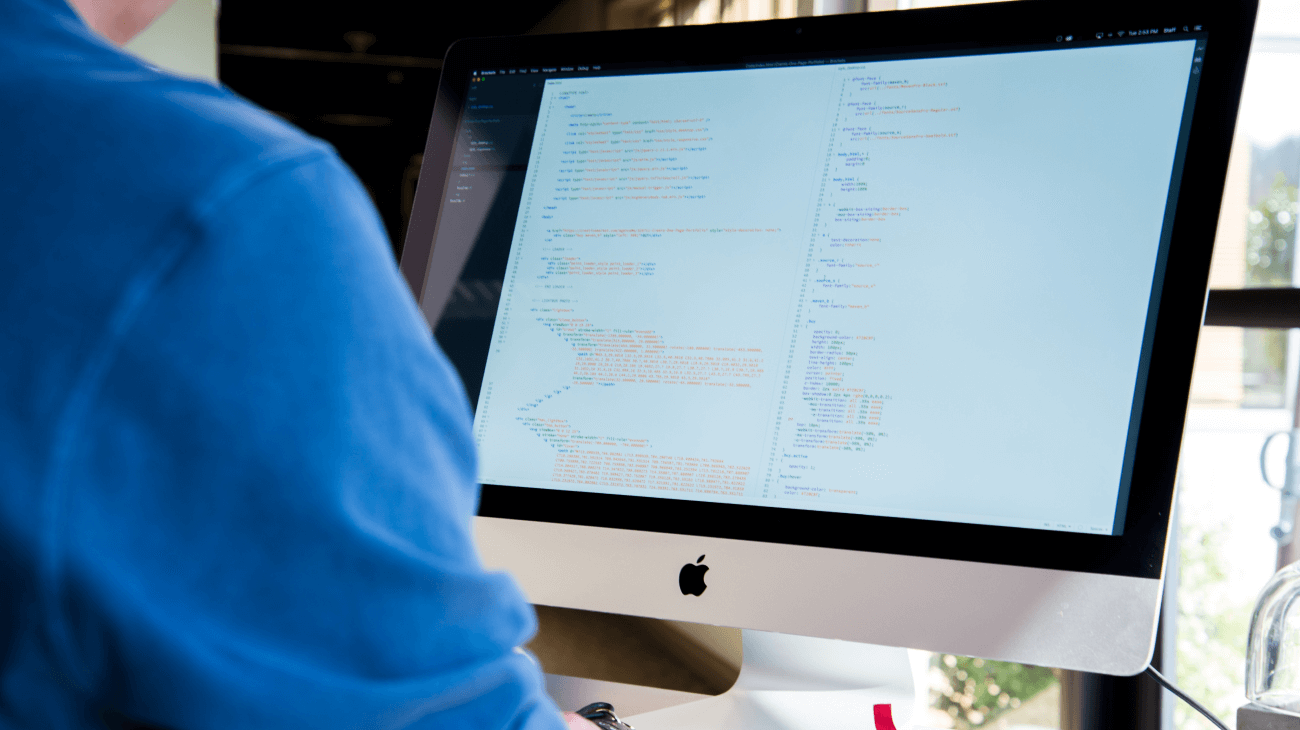Cuauv

The Cornell University Autonomous Underwater Vehicle (CUAUV) team has been competing in the international Autonomous Underwater Vehicle competition since its inception. The competition requires entrants to create a completely computer-controlled submarine, which will autonomously read a series of arrows and navigational cues in a large pond, as well as track a series of acoustic beacons, in order to place a target on a bull’s eye.
Navigating Murky Waters
In order to communicate with the submarine, students from CUAUV developed windows client applications which update their mission specifications and allow them monitor the submarine’s progress. Previously written in C++, new code was created using the Syncfusion Essential Suite products to develop a full-fledged autopilot system. The Syncfusion controls were implemented into a robust, intuitive ground control interface. The controls’ ease of use allowed students to focus the efforts on the autopilot instead of the data display.
Riding the Tide to Victory
After adding Syncfusion Essential Suite to their arsenal of computer-controlled submarine creation products, Cornell University’s Autonomous Underwater Vehicle outperformed 11 other entries to take first place in 2003’s International AUV Competition. For their efforts, the Cornell team received $7,000 in prize money. They returned in 2004 to capture second place in the competition. In addition to the autonomous vehicle competitions, Cornell competed in Microsoft’s Imagine Cup Competition in April 2004. The university’s unique autonomous flight package and Syncfusion’s controls contributed to Cornell’s placing as a national finalist.
About Cornell University Autonomous Underwater Vehicle Team
The Cornell University Autonomous Underwater Vehicle team is a team of undergraduate engineering students who work together to design, construct, test and eventually fly an autonomous fixed wing aircraft in the International Student Unmanned Aerial Vehicle Competition.Their website is located at www.cuuav.org.
The Challenge
Develop a complete autopilot system
Keep application user-intuitive
Obtain a sophisticated editor
The Benefits
-
- Provided easy and versatile interfaces.
-
- Quick and convenient loading of data.
-
- Eliminated low-level coding.












